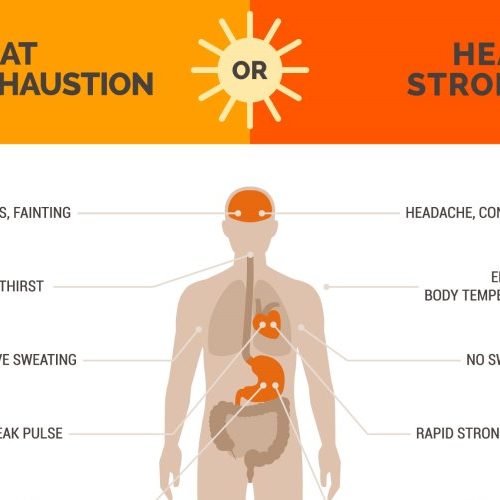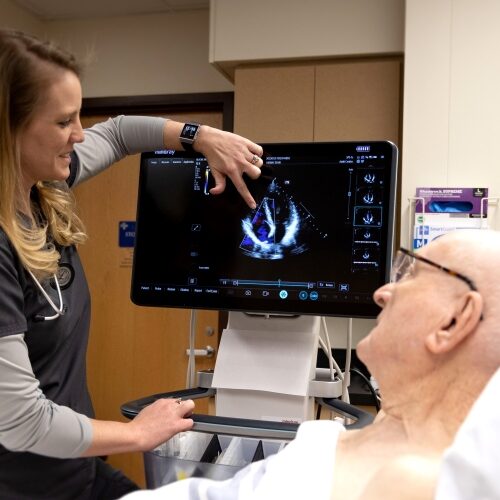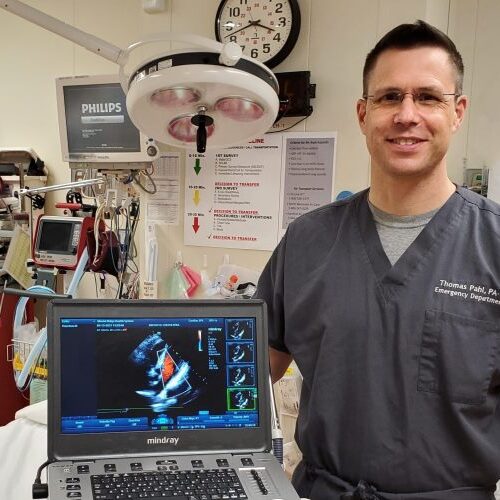Heat exhaustion and heat stroke can be dangerous! Here are the symptoms of each and some tips from Tom Pahl, PA-C, for our hot summer days. Bonus download.
Tag: Tom Pahl – PA-C
Post
Sudden Cardiac Arrest and the Shocking Statistics
It is common to think, “It won’t happen to me!” You may be right, but sudden cardiac arrest (SCA) may happen to someone next to you. What is it and what do you do?
Post
Helmsley Charitable Trust Grants Over $459,000 to Help Glacial Ridge Health System Purchase State-of-the-Art Ultrasound Equipment
These grants are a game changer for rural hospitals and ERs. Bedside ultrasound allows for immediate patient assessment to quickly determine a course of action.
Post
Minnesota’s 2021 PA of the Year is…Thomas Pahl, PA-C, at GRHS
Thomas Pahl, Physician Assistant in the Emergency Department in Glenwood, MN was selected as the “2021 PA of the Year” by the Minnesota Academy of Physician Assistants.





